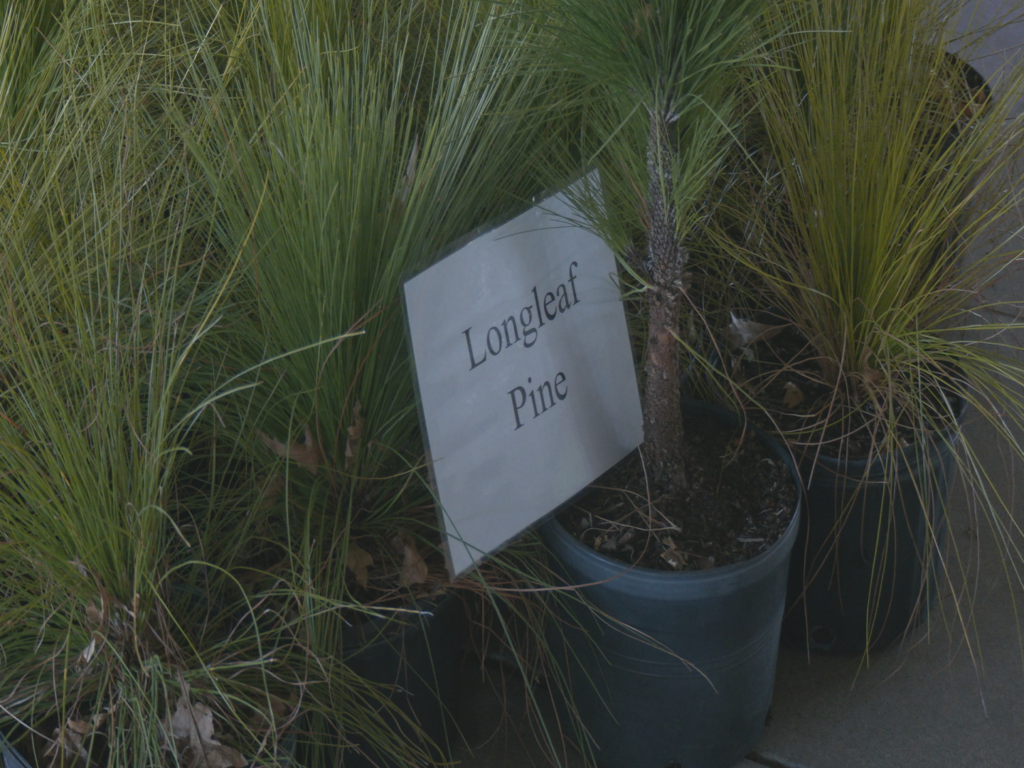‘No Spend September’ trend encourages financial discipline
WILMINGTON, NC (WWAY) — ‘No Spend September’ is a social media trend that challenges people to cut non-essential spending for the whole month.
We went to UNCW Friday to see if students are familiar and hear from an associate professor of economics for his take.
Social media is challenging people to cut back on buying non-essential purchases with the ‘ No Spend September’ trend.
Most students we spoke with on UNCW’s campus hadn’t heard of it but they like the idea of it.
“A trend like that…could be helpful, depending how well you stick to it,” Kaiya Pelkey said, and Elijaah Self agreed.
“Managing a budget like not eating out as much and like Finn said trying to cut out golf three times a week is probably beneficial,” Sophomore at UNCW Gavin Ownes said.
“It sounds like something I would do, after I find some financial stability,” Yasmin Morgenstern shared.
The trend isn’t just for those in college.
“It’s good for college students but especially everyone because everyone needs to know how to manage their money and control their spending,” UNCW sophomore Fynn Hales added.
UNCW associate professor of economics Mouhcine Guettabi understands why its catching on.
“People essentially making pledges to cut back on spending to focus on necessities and to be more deliberate about how they’re allocating their dollars,” Guettabi explained.
Guettabi says the impact of it depends on the person.
“It is reflective to me of general economic uncertainty. Meaning that times are tougher for some people and therefore they’re making decisions to be more careful,” Guettabi stated.
While this trend is happening after the peak of summer, when people tend to spend more money on vacations, Guettabi is interested to know if there’s a bigger reason why.
“Is whether it is potentially telling us something about the state of the consumer. Are people potentially now in a position that is not terribly comfortable?” Guettabi questioned.
If you’re looking to start a budget, Guettabi says to separate your wants from your needs.
“So, if you have a spreadsheet if you have a list of those things then you can easily figure out where the excess spending is potential going and what are the things that I can do away with, without affecting my quality of life too much,” Guettabi said.
Guettabi adds it is too early to know if this is an indication of slowing economic conditions or simply a trend.




